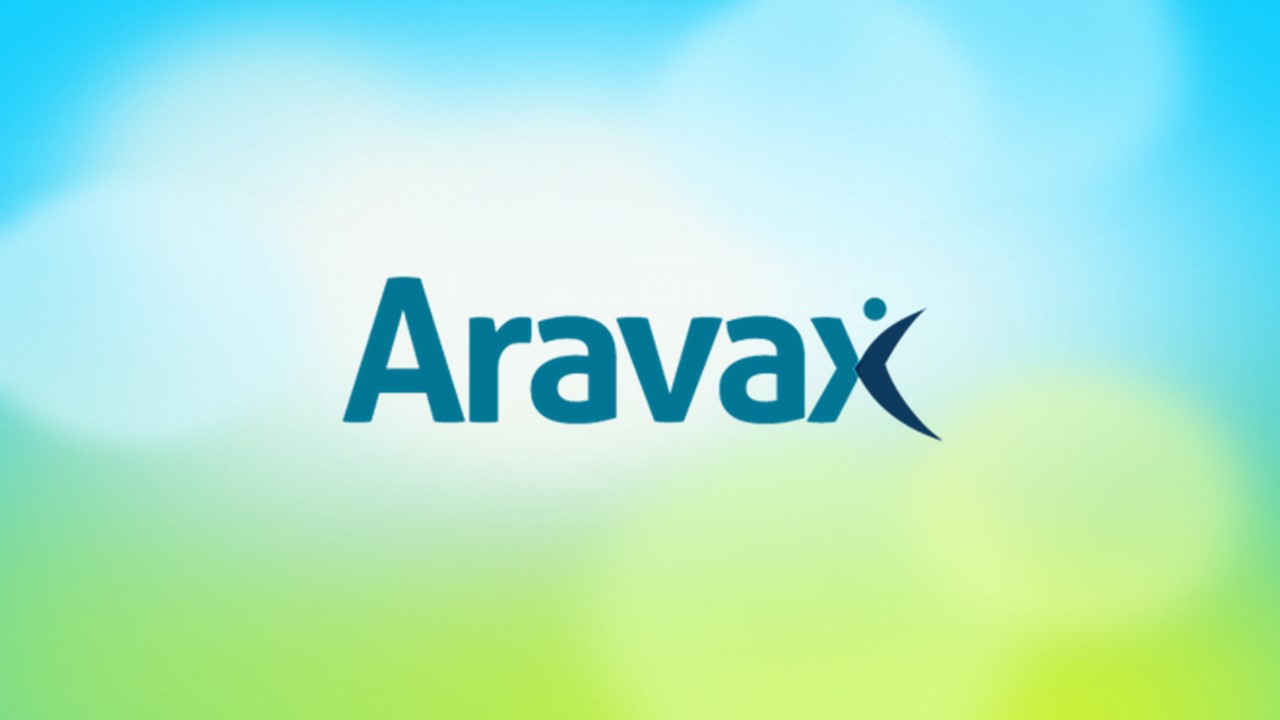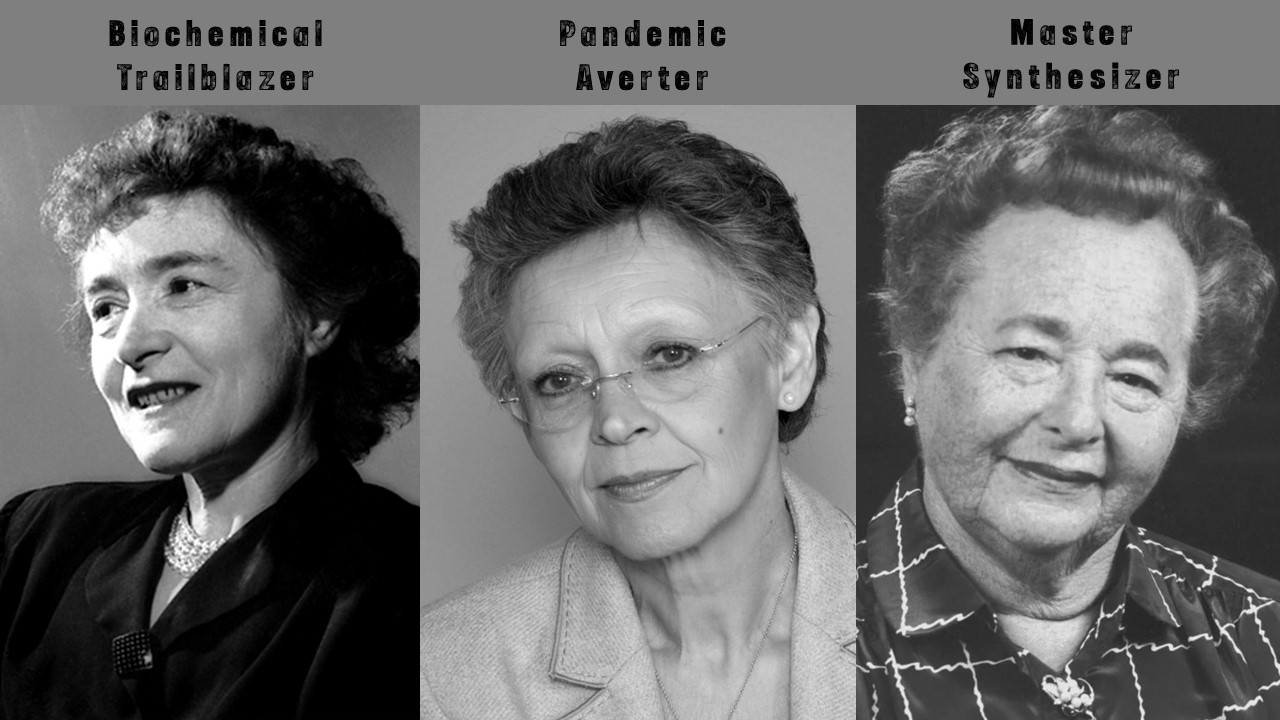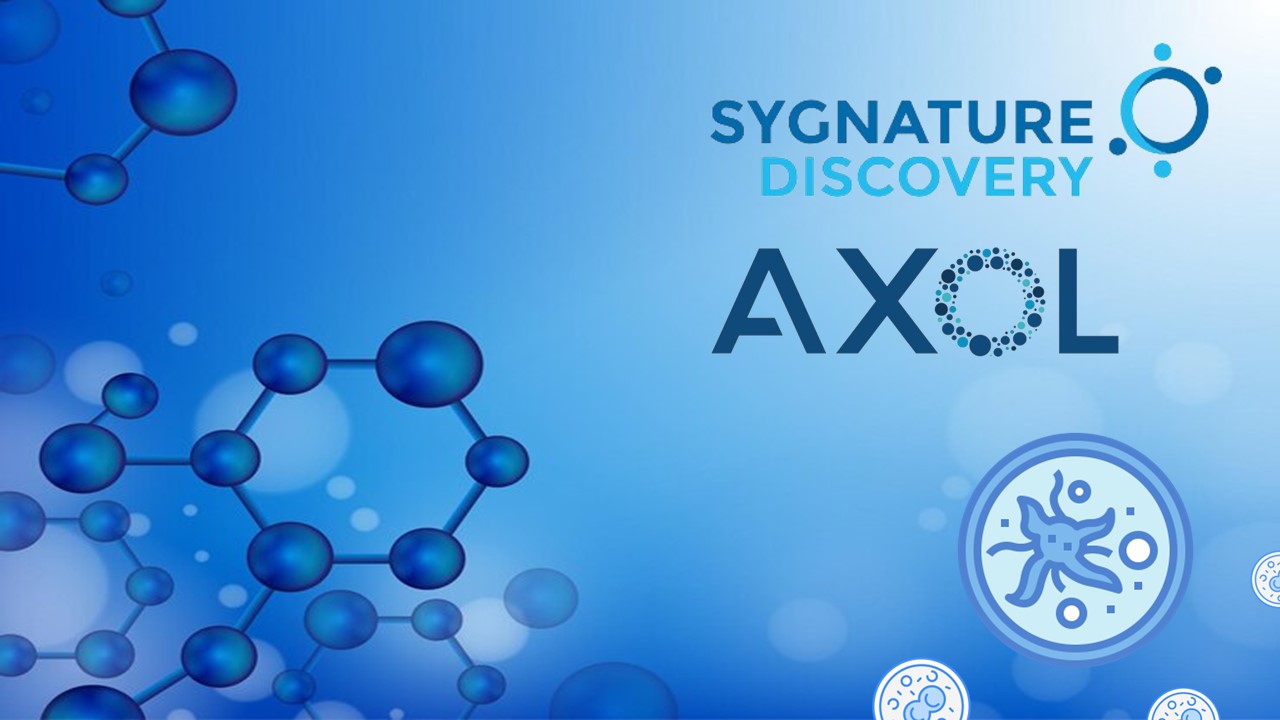AbbVie and Gedeon Richter to work on neuropsychiatric disease
11-Mar-2022
AbbVie has published plans to work with Gedeon Richter to work on the development of novel dopamine receptor modulators to target neuropsychiatric conditions – building on their 15-year long history of working together to treat similar conditions. The agreement will span several new investigational products developed by Richter, based on their own preclinical research. As part of the move, Richter will receive upfront cash payments and milestone-associated earnings – with the possibility of sales royalties remaining open. In exchange, AbbVie will have worldwide commercialization rights outside of Richter’s traditional markets. Tom Hudson, Chief Scientific Officer at AbbVie, offered a hopeful message on the two parties’ long-standing joint efforts:
“In collaboration with Richter, we will continue to build on our research that seeks to provide additional insights into our understanding of cariprazine’s clinical pharmacology and explore novel chemistry to identify new dopamine receptor modulators.”
Novartis to work with Carisma Therapeutics for revolutionary CAR-M cell therapy
10-Mar-2022
In a further move to advance its portfolio, Novartis made public its plans for a partnership with Carisma to advance cell therapies targeting HER2 in solid tumors. Novartis will provide its clinical manufacturing capabilities for Carisma’s Chimeric Antigen Receptor Macrophage (CAR-M) therapies, a less developed treatment modality compared to CAR T-cell therapies – but equally promising. This follows prior manufacturing deals carried out by Novartis, such as for BioNTech’s COVID-19 vaccine. The deal will see Novartis’ state-of-the-art cell and genes facilities at Morris Plains in the United States reserved for Carisma.
Exscientia to work with Oxford for improving applications of academic insights
10-Mar-2022
Exscientia and the University of Oxford’s Target Discovery Institute (TDI) announced the formation of a program called Xcellomics. The program aims to take advantage of functional cellular assays from academia worldwide to advance the development of new screens and identify targets and treatments. The program seeks to transform early-stage drug discovery within academia and accelerate the impact of academic insights on the pharmaceutical industry. This is a significant development – academia often faces slower timelines in bringing new treatments to patients compared to pharmaceutical companies. The partnership will leverage Exscientia’s AI-driven personalized medicine capabilities in combination with TDI’s predictive assays. Denise Barrault from Exscientia highlighted the importance of increasing the impact of academia in pharmaceutical research in a forward-looking statement:
“Exscientia’s roots started in academia, and we remain committed to supporting and advancing the innovative research happening at these institutions around the world. We believe that our partnership with the University of Oxford Target Discovery Institute will help unearth new science and potentially translate and advance the most promising ideas into tomorrow’s new medicines”
Eli Lilly to work on combination therapy with Erasca
10-Mar-2022
Erasca, a clinical-stage precision oncology company, announced a new collaboration with Eli Lilly. The partnership will see Eli Lilly’s anti-EGFR antibody, cetuximab, be used in combination with Erasca’s ERAS-007 treatment candidate for BRAF-V600E-mutant metastatic colorectal cancer. ERAS-007 is an oral ERK1/2 inhibitor that is also being investigated in combination with encorafenib. BRAF-V600E mutations are seen in 10% of colorectal cancers. Encorafenib and cetuximab combination therapies managed to produce treatment responses in about 20% of patients, although only half of those lasted for more than four months. Erasca hopes that ERAS-007 will aid in overcoming this treatment resistance in various combination therapy configurations. The deal will see Eli Lilly supply cetuximab at no cost, while Erasca will sponsor the study, with the two companies responsible for reviewing results.
Kriya to work with Twist for cancer AAVs
09-Mar-2022
Kriya Therapeutics and Twist Biosciences have announced a joint effort to develop antibody treatments delivered using Adeno-Associated Virus (AAV)-vectored gene therapy for oncology targets. Twist Biosciences is known for developing high-quality synthetic DNA as well as its antibody discovery platforms. This makes the company a natural match for Kriya’s own vector engineering gene therapy platform. Shankar Ramaswamy, Chief Executive Officer of Kriya Therapeutics, expressed similar sentiments:
“We believe that vectorized antibodies have the potential to transform the treatment of a range of serious diseases, particularly within the field of oncology. By combining Twist’s best-in-class antibody libraries and discovery expertise with Kriya’s proprietary, computationally-enabled vector engineering platform, we can accelerate the advancement of novel gene therapies that can be combined with other modalities in oncology, including current standards-of-care.”
Novartis to work with Voyager in high-powered partnership
08-Mar-2022
Novartis has announced plans for a partnership with Voyager Therapeutics to tackle central nervous system diseases. Voyager is a firm working on the development of Adeno-Associated Virus (AAV) capsids through its proprietary RNA-driven TRACER screening platform. The company aims to increase treatment specificity for targeted cells and tissues, particularly for advancing early-stage gene therapy programs. Novartis hopes to exploit the technology to expand its own portfolio of neurological drugs, particularly to reach targets in the brain which have so far proven elusive. As part of the collaboration, Novartis will receive the option for exclusive use of three AAV capsid driven gene therapies, with the option to license two additional targets. The President of the Novartis Institutes for BioMedical Research, Jay Bradner, expressed hope for the potential to reach intractable brain targets:
““The challenge of biodistribution of AAV gene therapies to target cell types in the brain is long standing, but we refuse to believe it is insurmountable. We see the potential of Voyager’s innovative platform to imagine new types of therapeutics for life-threatening CNS diseases.”
BioNTech and Regeneron to widen collaboration on NSCLC therapy
08-Mar-2022
BioNTech made public its plans to work with Regeneron to advance a combination therapy for Non-small-cell Lung Cancer (NSCLC). The combination will consist of the former’s BNT116 drug candidate, as well as Regeneron’s cemiplimab – a PD-1 inhibitor. BNT116 is designed as part of BioNTech’s FixVac platform, which uses mRNA to encode non-mutated antigens that are overexpressed in targeted tumors. The vaccines trigger potent immune responses that combine both adaptive and innate elements of immunity. BioNTech hopes the combination of BNT116 with a PD-1 blockade that boosts activated T-cells will stimulate further responses in malignant NSCLC patients. NSCLC represents 85% of the cases of lung cancer, which is one of the most common malignant cancers. As part of the move, both companies will share development costs and trial result review responsibilities. Israel Lowy, Senior Vice President for Clinical Development, Oncology at Regeneron, expressed optimism regarding the combination of mRNA vaccines with checkpoint inhibitors:
“Combining PD-1 inhibition with mRNA-based vaccines is an exciting, yet still emerging, approach in oncology. This collaboration provides an opportunity for us to conduct scientifically sophisticated and pioneering clinical research in this space and investigate whether this novel combination may help drive a multi-faceted activation of the immune system against advanced NSCLC.”
Illumina hampered by European Commission in merger with GRAIL
04-Mar-2022
American firm Illumina, a world leader in genetic analysis services, continues to face opposition from the European Commission on its bid to acquire GRAIL, a firm developing early cancer screening tests. The proposed $8-billion merger has run afoul of European antitrust regulations – Illumina has already bought GRAIL, but has been unable to merge the companies due to the lack of regulatory approval. The EU has expressed concerns over the effect of placing too much market control in Illumina’s hands – with worries that innovation and the viability of competitors may be adversely affected. The USA Federal Trade Commission is also suing to halt the deal – indicating the potential impact of the merger. Illumina has offered concessions such as commitments to continue providing services to GRAIL’s clients – including rival companies, as well as offering to cut prices. The EU remains unconvinced that these compromises are sufficient to alleviate antitrust concerns, keeping the future of the merger uncertain.
Nick Zoukas, Former Editor, PharmaFEATURES
Subscribe
to get our
LATEST NEWS
Related Posts

Leadership, Trends & Investments
Aravax Continues International Expansion with Appointment of Aled Williams as Chief Business Officer
Aravax announces the appointment of Alex Williams as Chief Business Officer.

Leadership, Trends & Investments
The Immigrant, The Career-Undecided, and The Supermarket Supervisor-turned-Scientist
Learn more about the 1947, 1988, and 2008 Physiology or Medicine Female Nobel Laureates.
Read More Articles
Coprocessed for Compression: Reengineering Metformin Hydrochloride with Hydroxypropyl Cellulose via Coprecipitation for Direct Compression Enhancement
In manufacturing, minimizing granulation lines, drying tunnels, and multiple milling stages reduces equipment costs, process footprint, and energy consumption.
Aerogel Pharmaceutics Reimagined: How Chitosan-Based Aerogels and Hybrid Computational Models Are Reshaping Nasal Drug Delivery Systems
Simulating with precision and formulating with insight, the future of pharmacology becomes not just predictive but programmable, one cell at a time.













